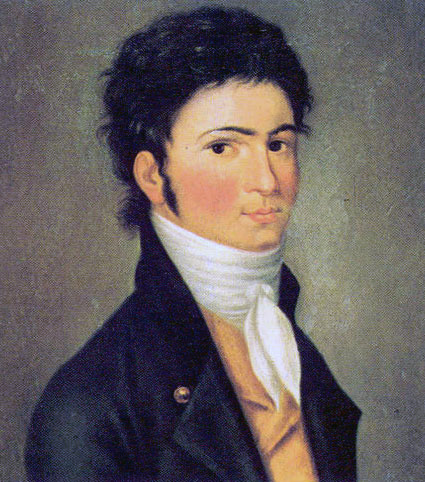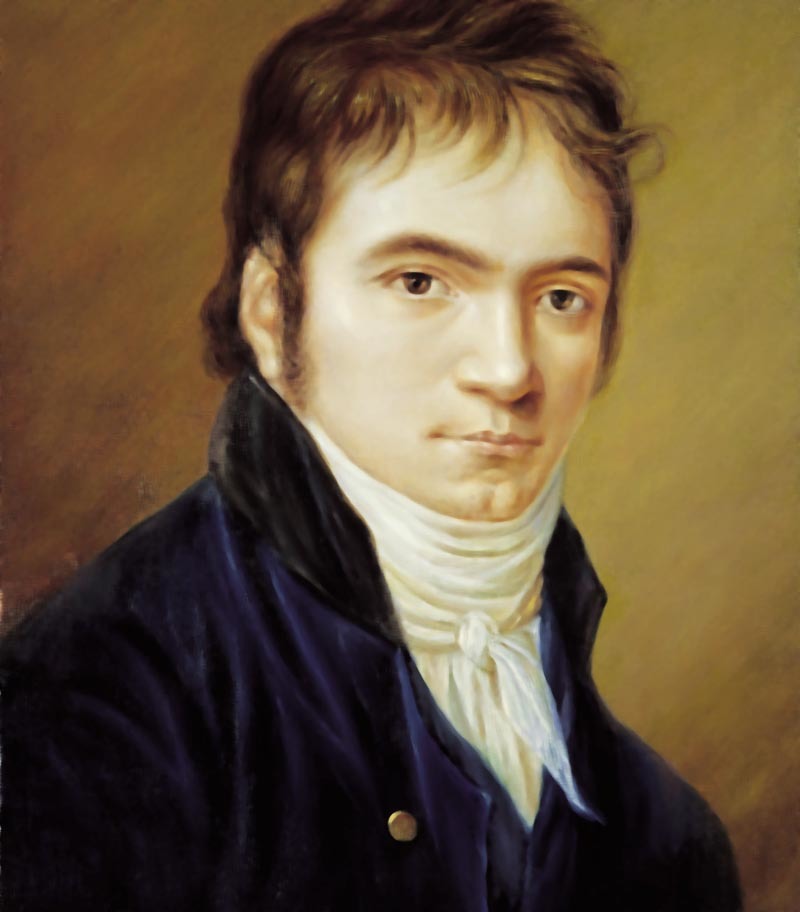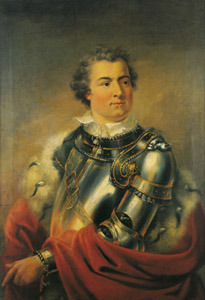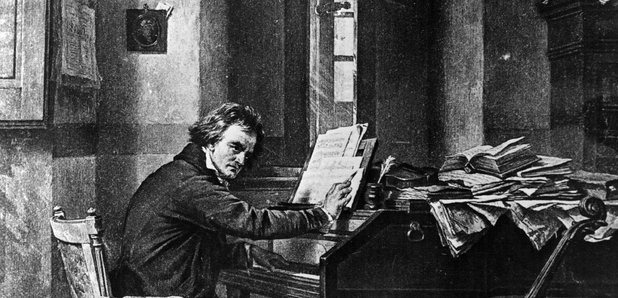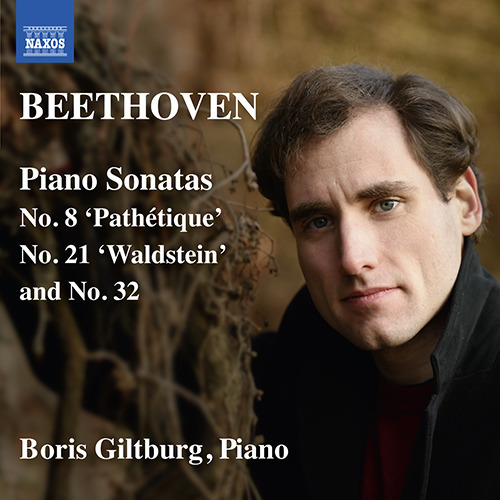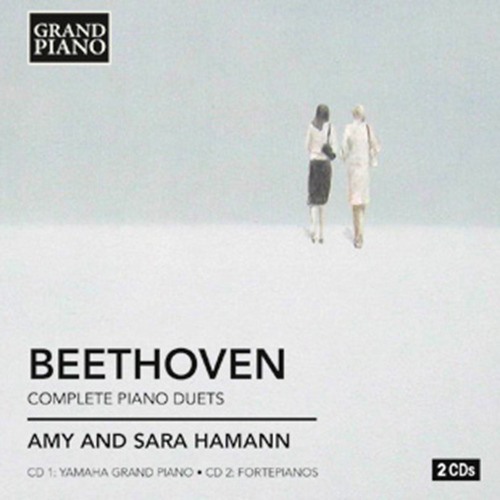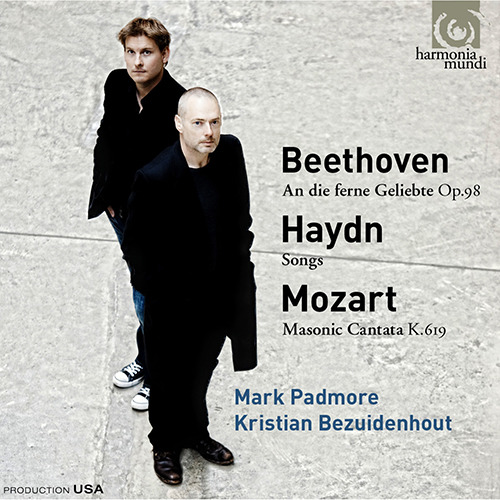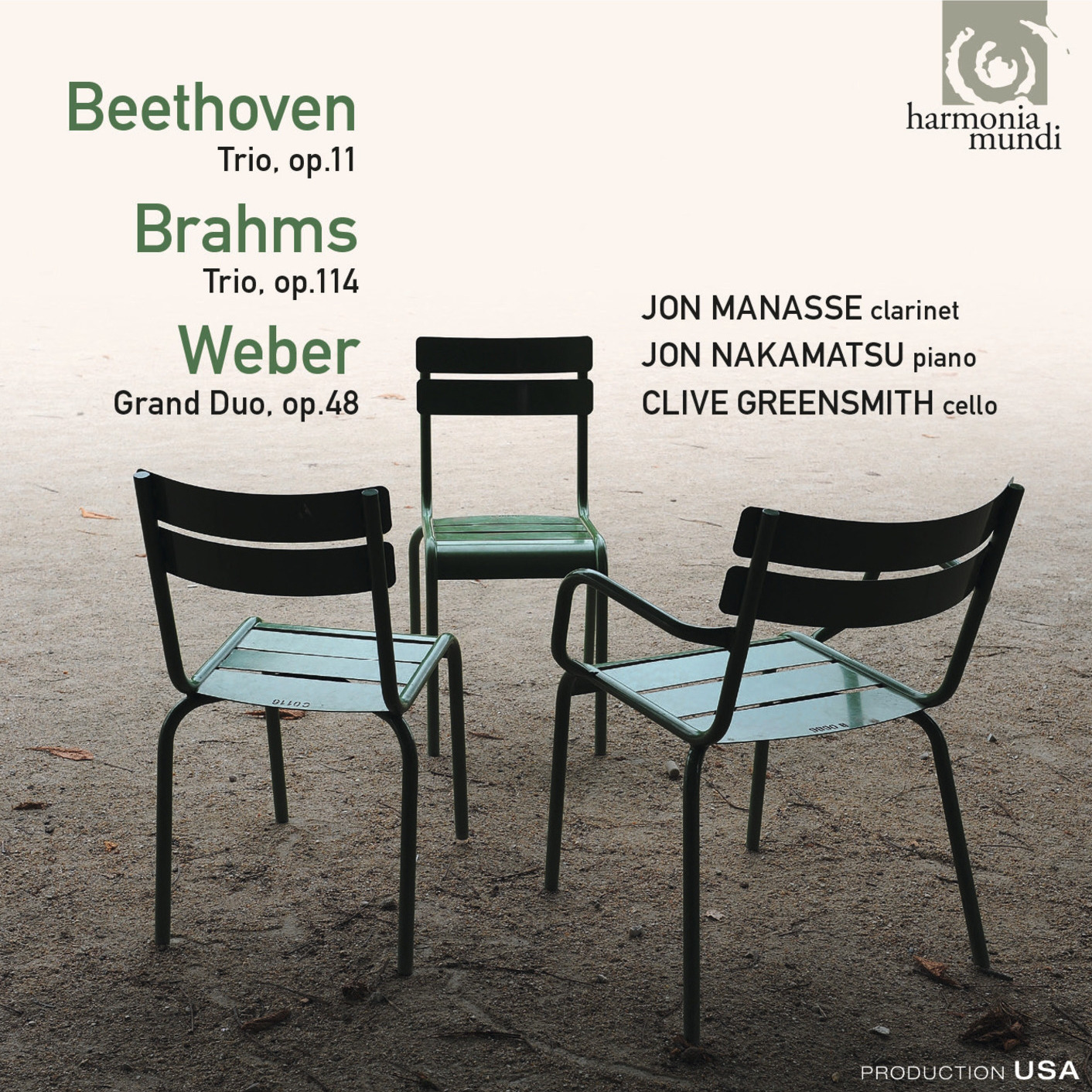“Minors of the Majors” invites you to discover compositions by the great classical composers that for one reason or another have not reached the musical mainstream. Please enjoy, and keep listening!
Beethoven
We have all heard or seen performances of the big piano concertos by Tchaikovsky, Rachmaninoff, Liszt, Grieg, Prokofiev and various others. Hordes of young lions and lionesses—technically perfect and getting increasingly younger—merrily thunder through the repertoire on their prospective ways
The early career of Ludwig van Beethoven was decisively shaped by the patronage of Count Ferdinand Ernst Gabriel von Waldstein and Prince Joseph František Maximilian Lobkowicz. In fact, without the unquestioning support and friendship from these two individuals, Beethoven’s musical
The year 1812 marked a turning point in Beethoven life. He consistently experienced poor health, emotional stress and lived in great financial anxiety. He spent considerable time at the spas in Teplitz, Karlsbad and Franzensbrunn, and in September he wrote
Piano Sonata no 21 in C Major, Op.53 “Waldstein” III Rondo: Allegretto moderato From Beethoven: Piano Sonatas Nos. 8, 21, 32 (Giltburg) (2015) Released by Naxos Beethoven: Piano Sonata no 21 in C Major, Op.53 “Waldstein” – III Rondo: Allegretto
Sonata in D Major for Piano 4 Hands, Op. 6 II. Rondo: Moderato From BEETHOVEN, L. van: Piano Duets (Complete) (A. and S. Hamann) (2012) Released by Grand Piano Beethoven: Sonata in D Major for Piano 4 Hands, Op. 6
Beethoven: Neue Liebe, neues Leben No. 2, Op. 75 From An die ferne Geliebte (2015) Released by Harmonia Mundi Beethoven: Neue Liebe, neues Leben No. 2, Op. 75 Songs to the distant beloved. Following their acclaimed Schumann recording, tenor Mark
Beethoven Trio in B flat major op.11 (“Gassenhauer”) I. Allegro con brio From Trios – Beethoven / Brahms / Weber (2014) Released by Harmonia Mundi Beethoven: Trio in B flat major op.11 (“Gassenhauer”)I. Allegro con brioNoble Tenderness. “Ideal for expressing

